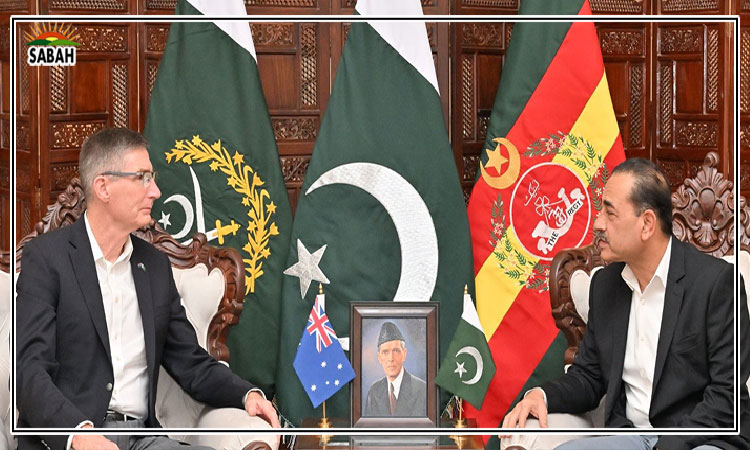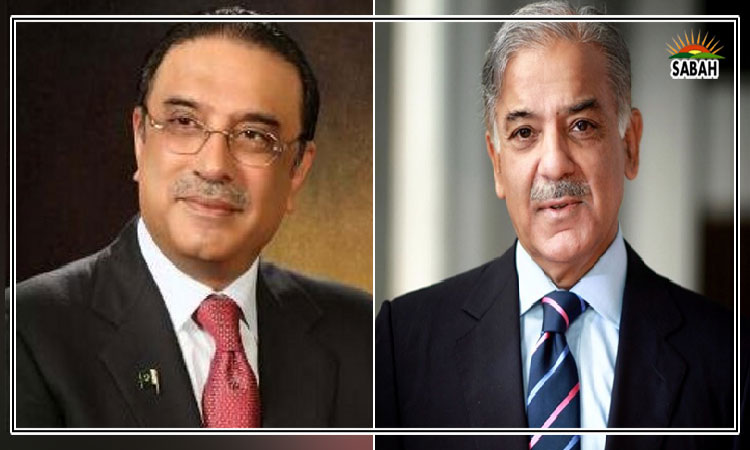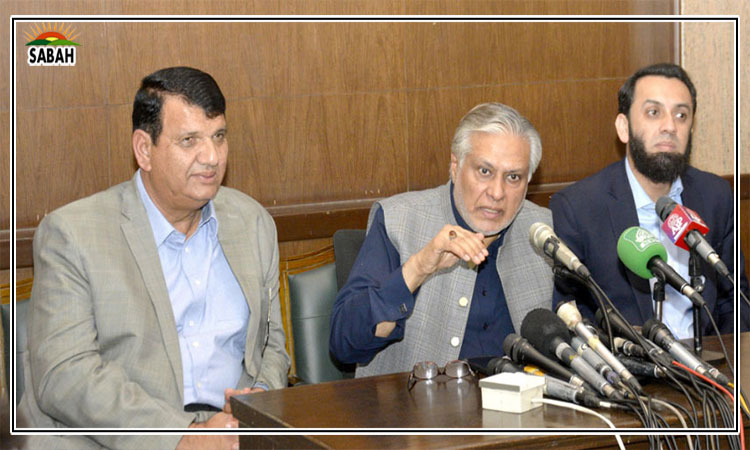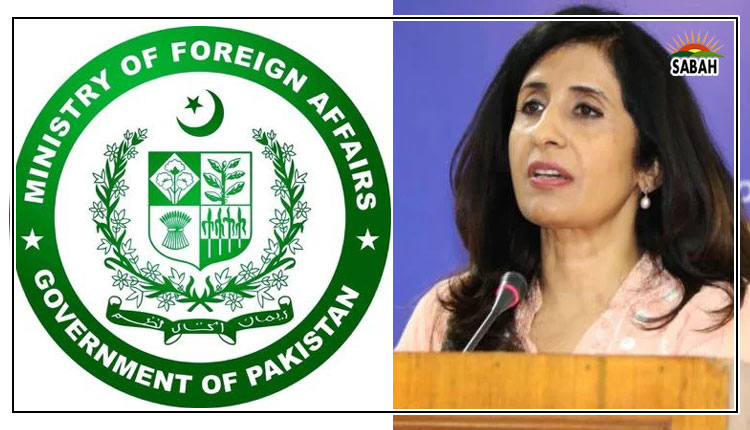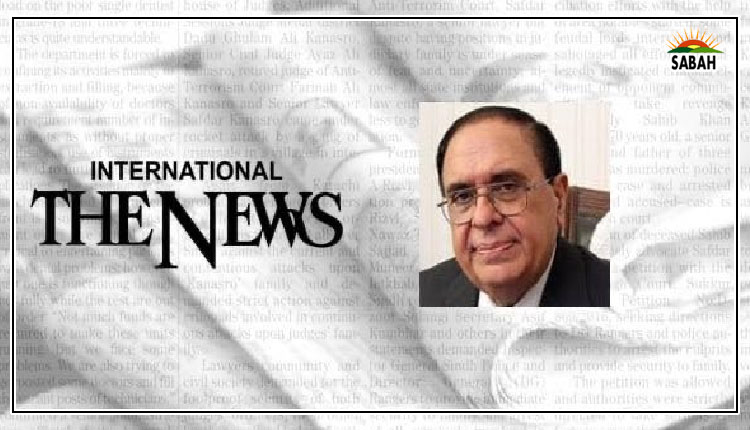How the US sees us …. Atta-ur-Rahman
Prof Fred Hayward, an eminent US education expert, recently published a book titled ‘Transforming Higher Education in Asia and Africa’. One chapter of this book is devoted to Pakistan, and it makes fascinating reading of the ups and downs of the higher education sector during the last 20 years.
Prof Hayward is a former professor of Political Science at the University of Wisconsin-Madison and presently a consultant at the University of Massachusetts Amherst. In 2003-2008, Prof Hayward led a USAID team to carry out a comprehensive study of Pakistan’s Higher Education Commission (HEC) programmes.
The team members made several visits to Pakistan and visited 18 universities and research institutes in Islamabad, Peshawar, Rawalpindi, Faisalabad, Lahore, Karachi and other cities to determine the impact that HEC reforms were having on the ground, particularly focusing on the quality aspects of these reforms.
Students, faculty members, administrative staff, technicians and vice chancellors as well as officials of the HEC, the Ministry of Education and others were interviewed over a 12-month period. The result was a 153-page report by USAID, which paid glowing tributes to the reforms introduced by the HEC and the impact they were having on improving the quality of teaching and research in our universities.
The report concluded with the following remarks: “What is most impressive is the breadth of reforms – faculty development, quality assurance, infrastructure rehabilitation, information technology staff training, research facilities, academic publications, increased access, improved accountability, expansion of campuses, and improved salaries and working conditions – and its insistence on quality improvement throughout the system. We applaud the leadership of the HEC for its vision, planning, and project implementation – one of the most successful models in the developing world.”
A long-standing issue in the higher education sector in Pakistan has been the uncontrolled expansion of higher education institutions without the availability of faculty, appropriate infrastructure and funding for running a large number of new universities. To gain political mileage, Pakistani politicians announce the establishment of new universities (or of campuses of existing universities), but when it comes to funding there is none.
To control this corrupt practice and on my insistence, the federal cabinet in 2005 laid down certain minimum criteria that must be met in terms of faculty, library facilities and infrastructure before a university could be recognized. Many university campuses were shut down and admissions banned by the HEC.
Other quality measures introduced included: the HEC laid down strict criteria for the award of PhD degrees involving strict plagiarism checks of every PhD thesis through a watchdog mechanism within the HEC involving the use of plagiarism detection software like iThenticate and Turnitin. All PhD theses were evaluated by eminent foreign scientists. This curbed the tendency of sending doctoral theses to local colleagues of supervisors.
As quality comes from good faculty and not from brick and mortar, several thousand students were sent abroad for PhD-level training at good foreign universities. The world’s largest Fulbright programme was launched with 50 per cent of funds being provided by the HEC. To encourage students to return after their foreign training, arrangements were made to ensure that they had employment with good salaries under the newly introduced tenure track system.
The opportunity to apply and win up to a $100,000 research grant for a year before their return from abroad, access to a huge digital library, and free access to sophisticated instrumentation resulted in an amazing 97.5 per cent return rate. Quality enhancement cells were established in all universities for the first time in the history of the country.
I feel greatly humbled by the following observations of Prof Fred Hayward in his book: “Especially important to success was the outstanding leadership and staff of the HEC. Professor Atta-ur-Rahman, (chairman) was a true visionary and had the ability to bring on board the president of Pakistan, legislators, and most higher education leaders with his eloquence and brilliance.
“He was a noted organic chemist with many international awards for his research and writing. Among the most famous is his series: ‘Studies in National Products Chemistry’. A number of successes occurred during this early period of implementation of the strategic plan, including the addition of distance education which became very popular – The Digital Library provided access to over 20,000 research journals, e-books, and other materials for faculty members, staff, and students.
“This digital library later became a model for several other countries. Part of the success was due to the dogged effort of the HEC to improve quality and meet or better its institutions in relation to international standards.”
Comprehensive reports applauding the reforms were written by many neutral experts and international agencies. These included the World Bank, British Council, USAID as well as Prof Michael Rode (Chairman UN Commission of Science, Technology and Development), and famous German scientist Wolfgang Voelter.
The world’s leading science journal, ‘Nature’, applauded these programmes in four editorials, and they were recommended as a model for other developing countries to follow, in a book titled ‘A New Golden Age’ published by the world’s most famous scientific society, The Royal Society (London).
Pakistan overtook India in per-capita research output in quality international journals in 2018 – no small achievement. According to Web of Science data, the number of research publications from Pakistan rose from about 800 per year in 2001 to about 25,000 per year in 2023. A detailed presentation about HEC programmes was made to the Indian prime minister and cabinet members on July 22, 2006. It was reported by Neha Mehta in ‘Hindustan Times’ on July 23, 2006 in the article ‘Pak Threat to Indian Science’.
All this would not have been possible without the wholehearted support of former (and late) president Musharraf. Then deputy chairman Planning Commission Dr Akram Sheikh played an important role in these efforts as he is a visionary and patriotic Pakistani who appreciates the importance of transitioning to a knowledge-based economy.
By my side was Dr Sohail Naqvi, an excellent academic and administrator whose dynamism is universally respected, working as executive director. It was an excellent team effort that brought laurels to the country.
Efforts are alas now being made to fragment the HEC and hand over the pieces to the provinces. This would be a national calamity. I hope that all the wonderful work done will not be undone and good sense will prevail, strengthening the HEC and ensuring its complete autonomy rather than transforming it into the decadent UGC-like institution of the pre-2002 era.
The writer is a former federal minister, Unesco science laureate and founding chairperson of the Higher Education Commission (HEC). He can be reached at: ibne_sina@hotmail.com
Courtesy The News


